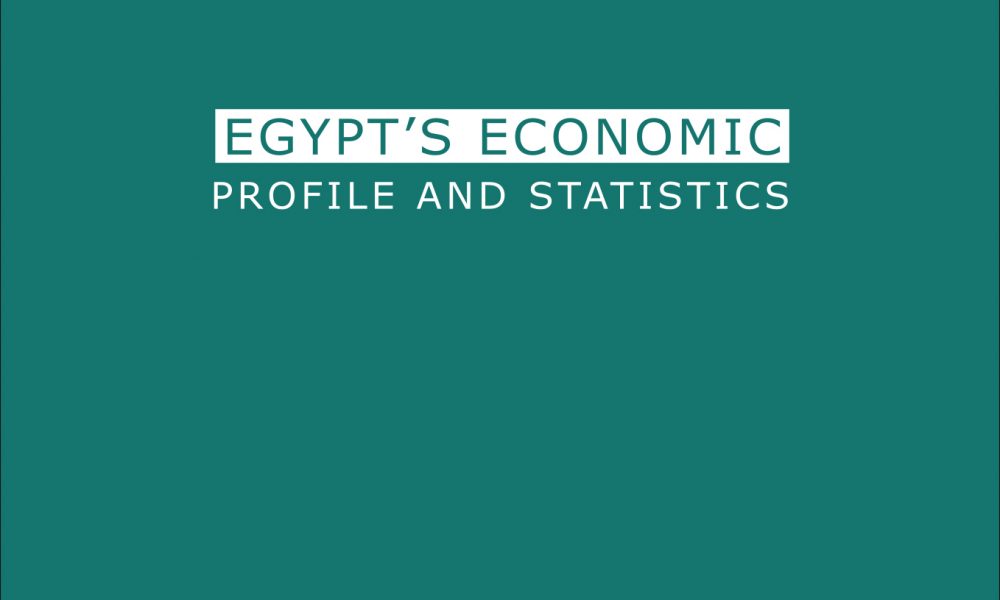Egypt’s Economic Profile and Statistics is an annual booklet containing summary data and information about various aspects of the Egyptian economy. Designed in a graphical and tabular format, this publication is intended mainly for the business community and investors seeking convenient information about the main developments in the Egyptian economy. This edition covers fiscal year […]
Read More

